Collisions Chemistry Blog
The Collisions blog highlights how the Collisons games can be used in the classroom! We share resources, activities, classroom implementation ideas, and more.
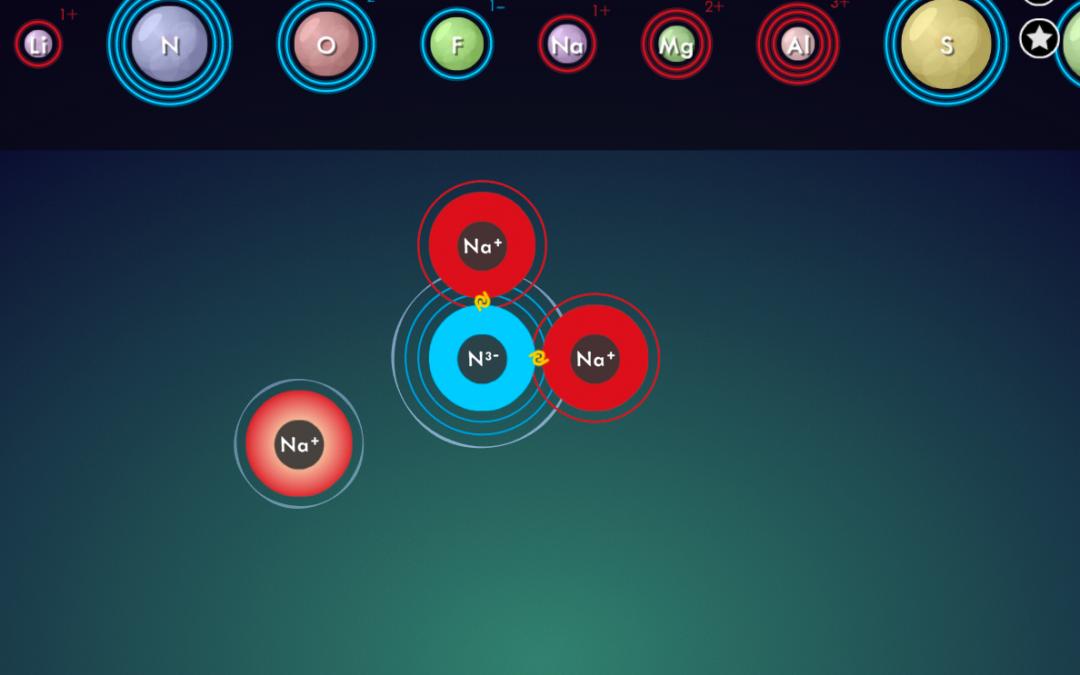
Collisions Ionic Bonding Game: Teaching Strategies to Use in Your Classroom
Have you been using the Collisions: Ionic Bonding Game with your students? Below are some additional strategies to help with planning your lessons. Before starting the game, ensure that students know the meaning of the following terms: positive charge, negative...

Collisions Intermolecular Forces Game: Teaching Strategies to Use in Your Classroom
Have you been using the Collisions: Intermolecular Forces Game with your students? Below are some additional strategies to help with planning your lessons. Before starting the game, ensure that students know the meaning of the following terms: partial charge, dipole,...
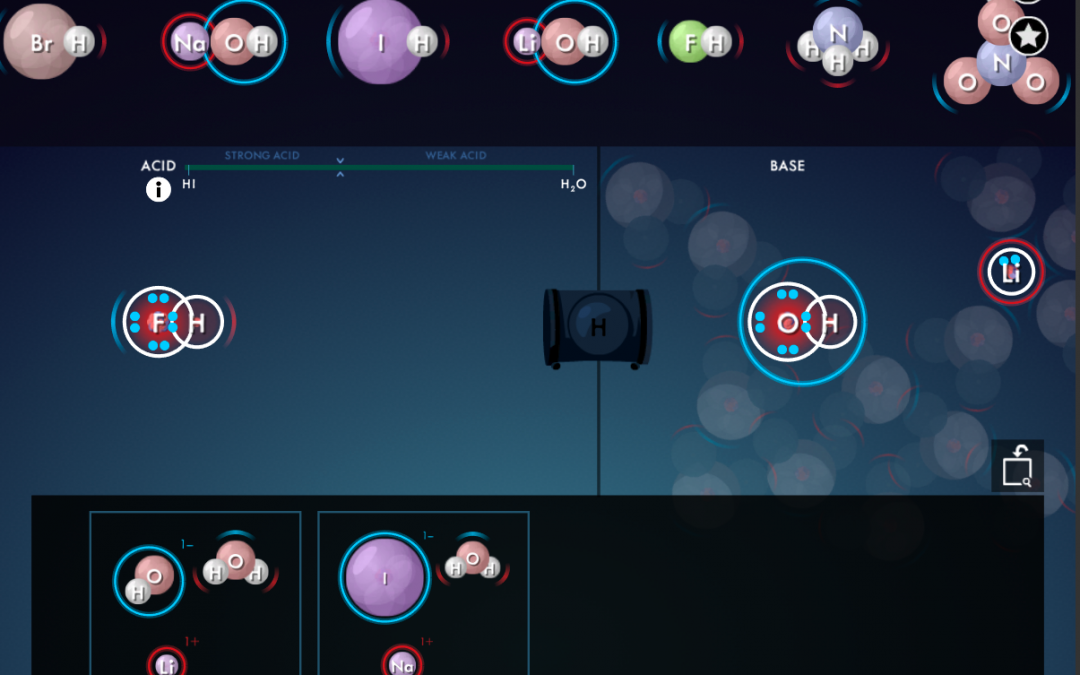
Collisions Acids and Bases Game: Teaching Strategies to Use in Your Classroom
Have you been using the Collisions: Acids and Bases Game with your students? Below are some additional strategies to help with planning your lessons. Acids and Bases game in Collisions! Before starting the game, ensure that students know the meaning of the following...
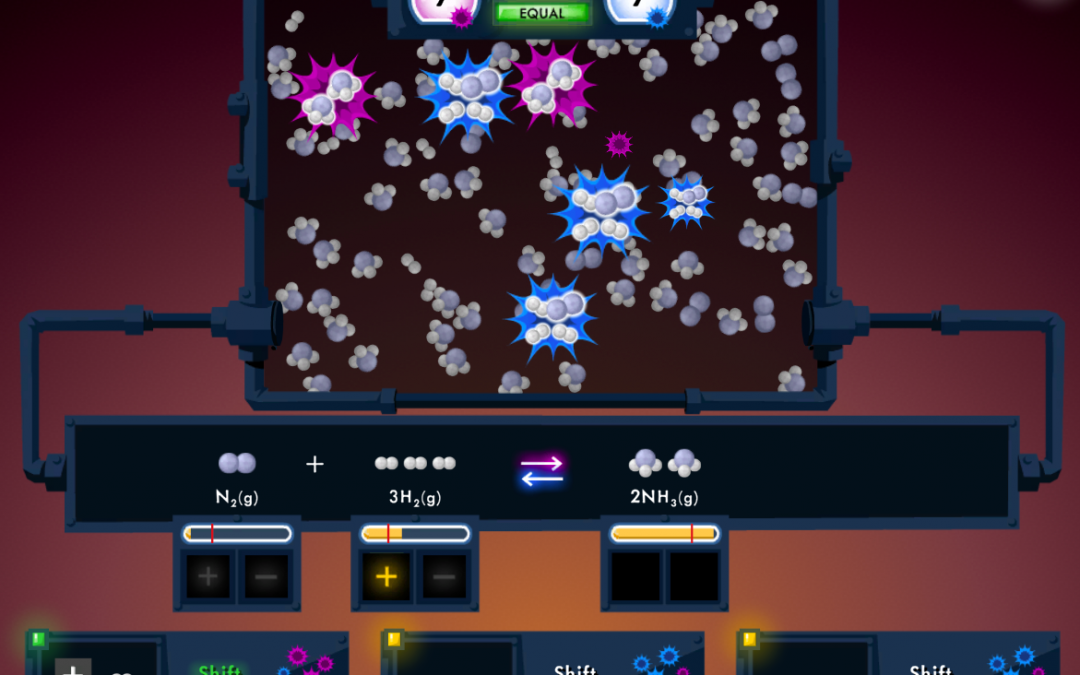
Collisions Equilibrium Game: Teaching Strategies to Use in Your Classroom
Have you been using the Collisions: Equilibrium Game with your students? Below are some additional strategies to help with planning your lessons. Before starting the game, ensure that students know the meaning of the following terms: reactants, products, collisions,...
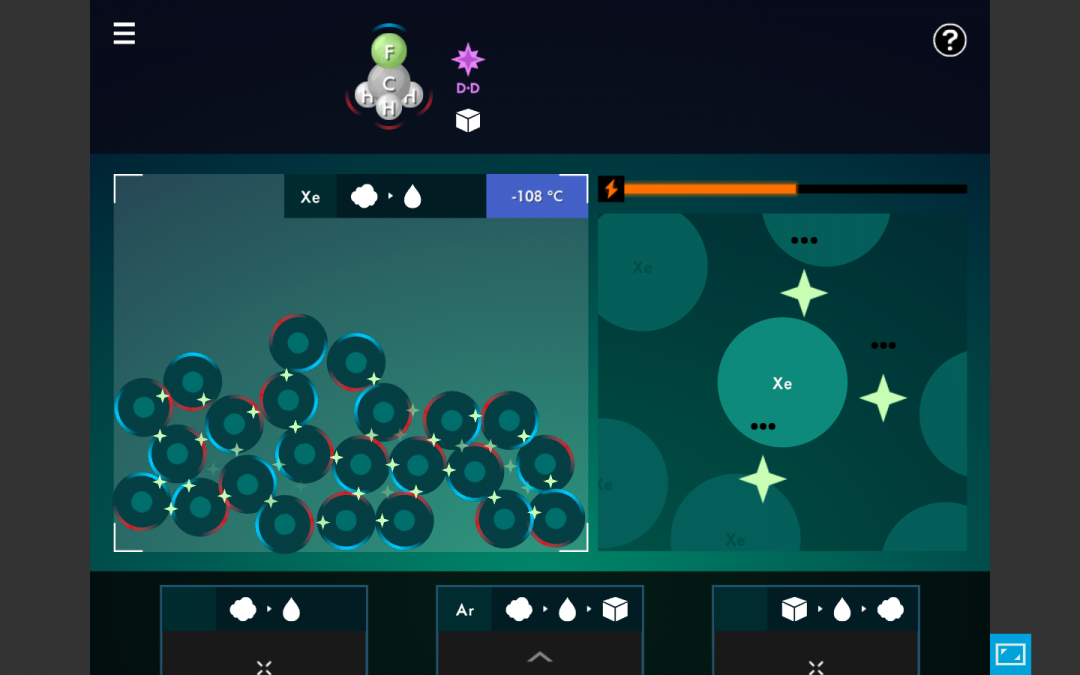
Collisions Phase Change Game: Teaching Strategies to Use in Your Classroom
Have you been using the Collisions: Phase Change Game with your students? Below are some additional strategies to help with planning your lessons. Before starting the game, ensure that students know the meaning of the following terms: solid, liquid, gas, phase change,...
Collisions Covalent Bonding: Teaching Strategies to use in Your Classroom
Have you been using the Collisions: Covalent Bonding game with your students? Below are some additional strategies to help with planning your lessons. Before starting the game, ensure that students know the meaning of the following terms: single bond, double bond,...
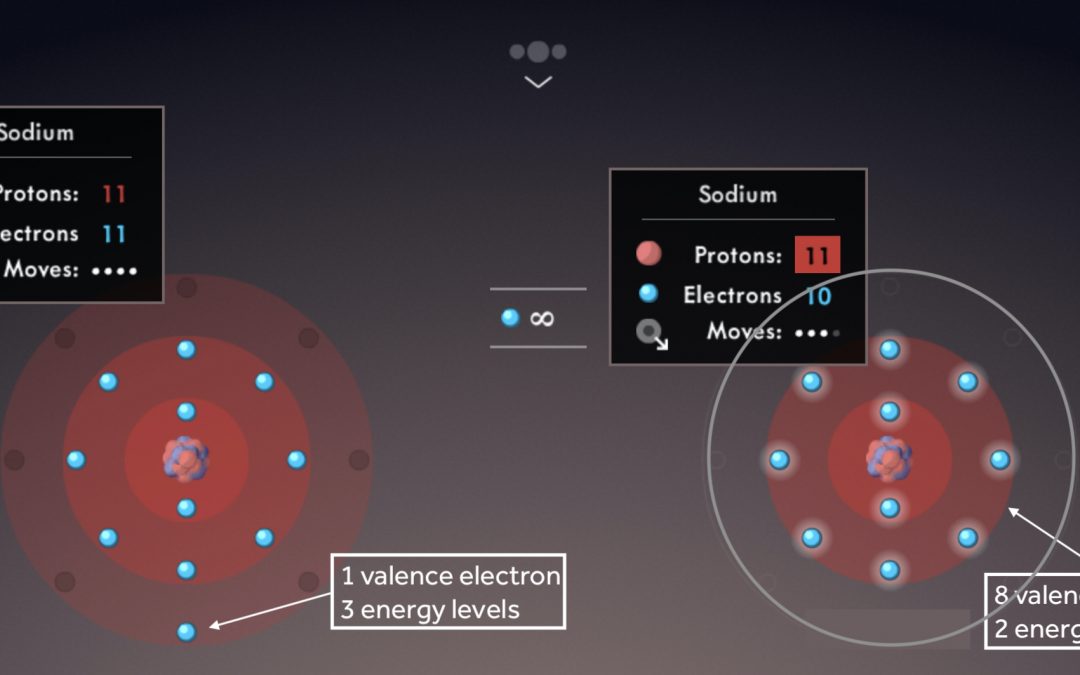
Collisions Ions: Teaching Strategies to use in Your Classroom
Have you been using the Collisions: Ions game with your students? Below are some additional strategies to help with planning your lessons. Before starting the game, ensure that students know the meaning of the following terms: atom, proton, electron, ion As students...
Collisions Atoms: Teaching Strategies to use in Your Classroom
Are you using the Collisions Atoms Game with your students? These are some suggested teaching strategies to help you plan your lessons.
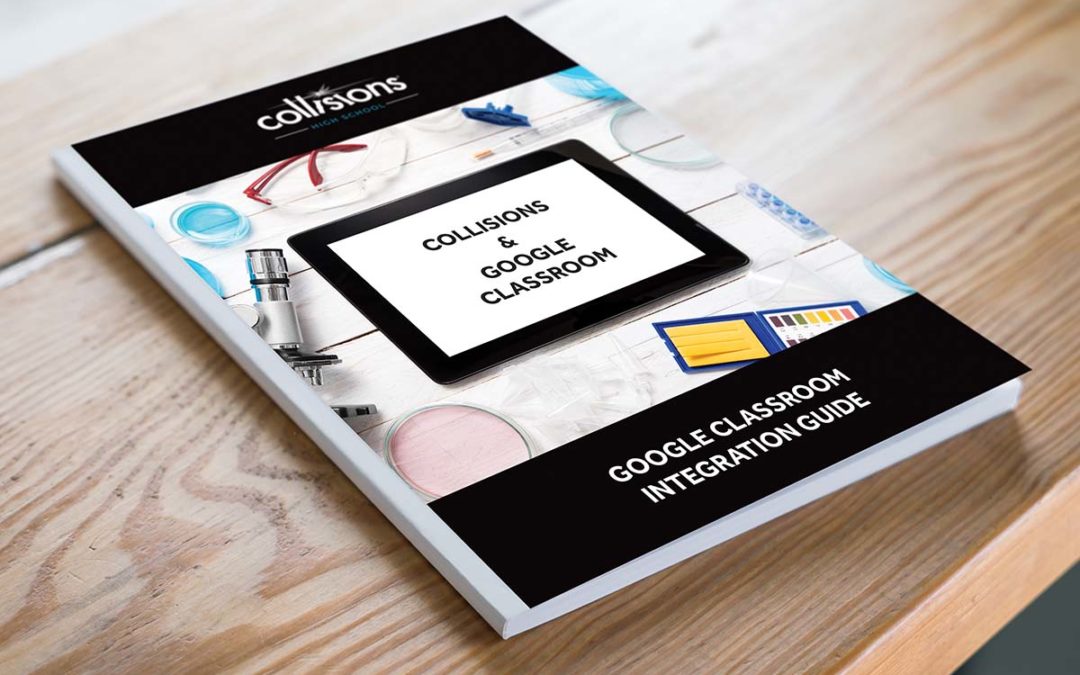
Collisions and Google Classroom Integration Guide
Collisions: Getting Started with Google Integrating Collisions with a Google Classroom-enabled domain offers you and your students the opportunity to sign into Collisions using the “Log In With Google” button - no account setup or class codes needed! Guide Overview...
Using Collisions in Class and for Assessment
The benefits of incorporating games into our classrooms and into our lessons are clear. Games are a great way to engage students…
4 Tips to Implement Game-Based Learning
The benefits of incorporating games into our classrooms and into our lessons are clear. Games are a great way to engage students…
